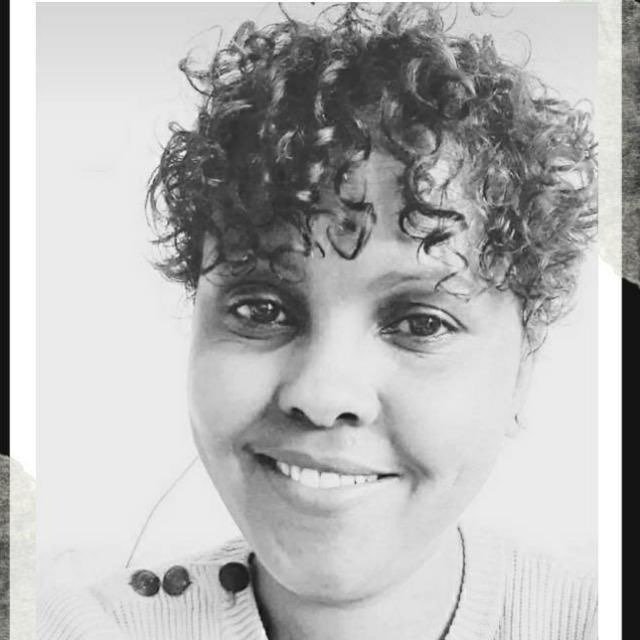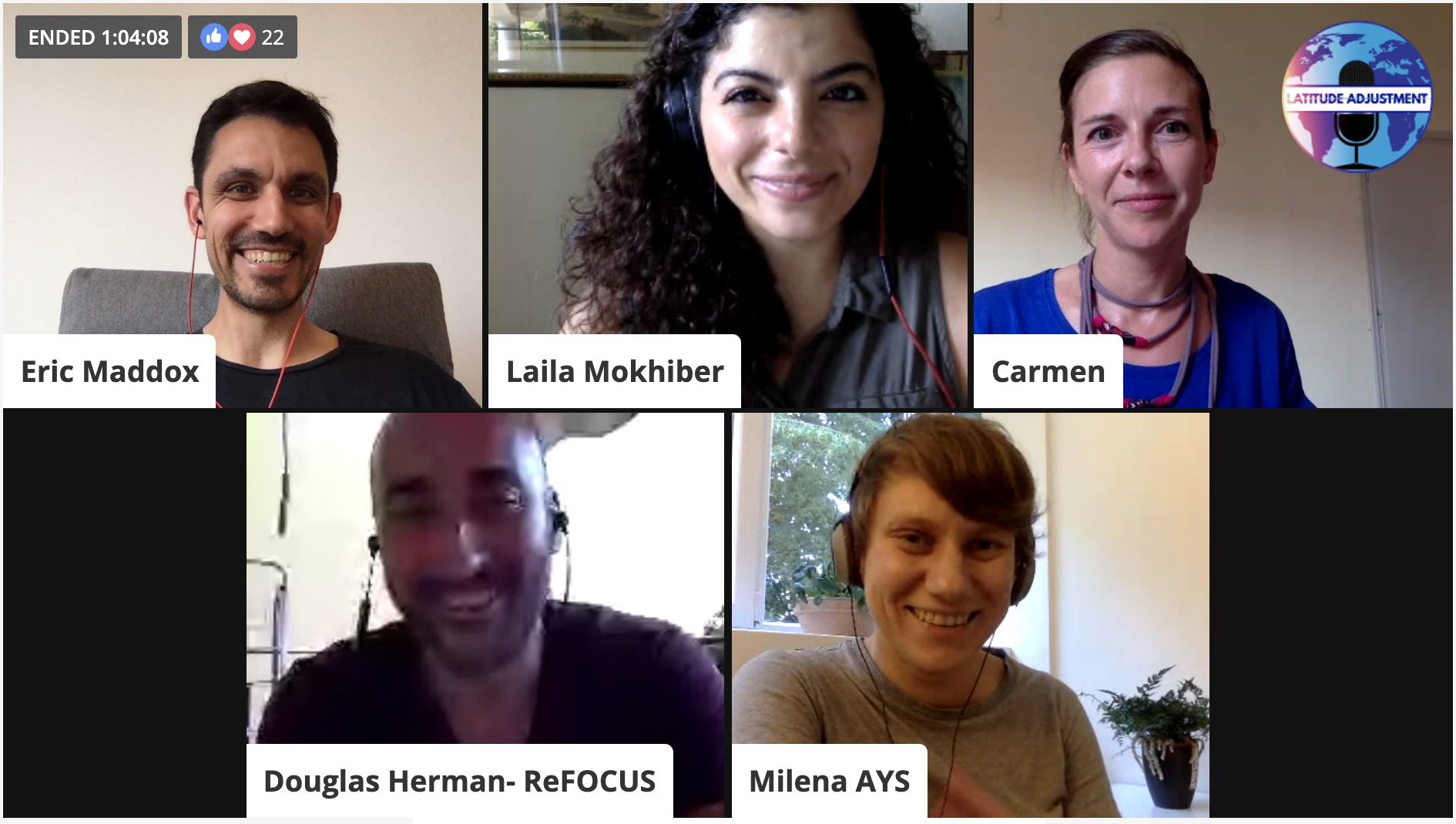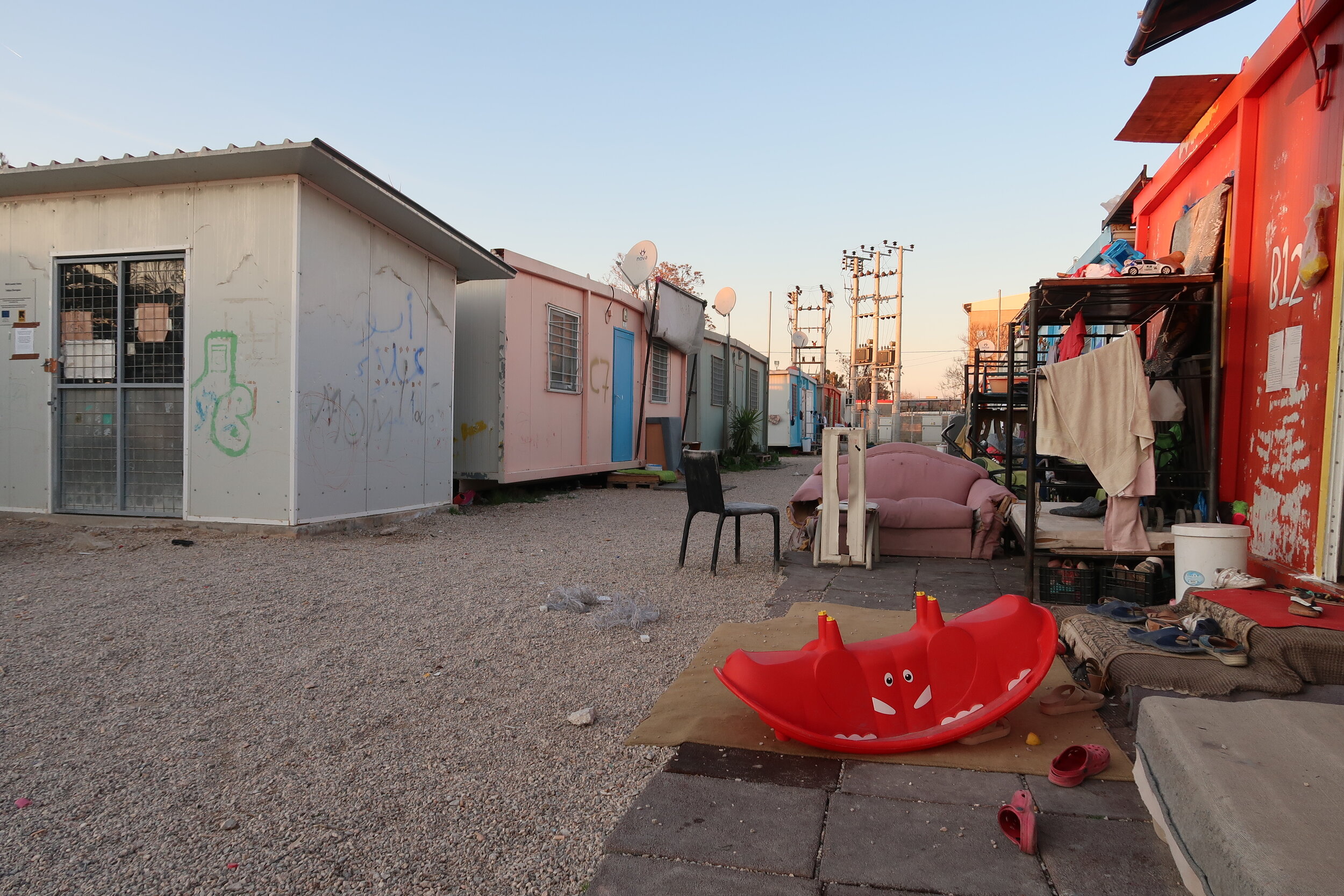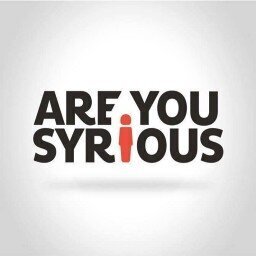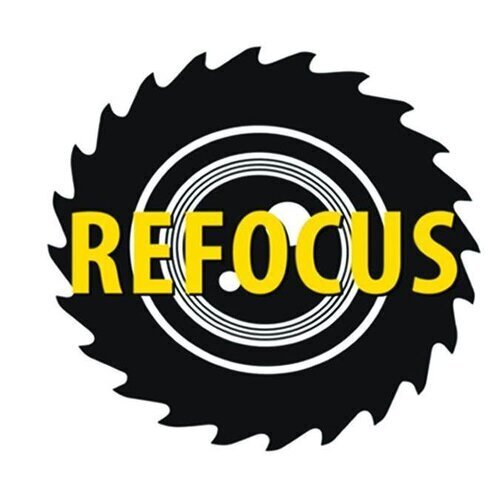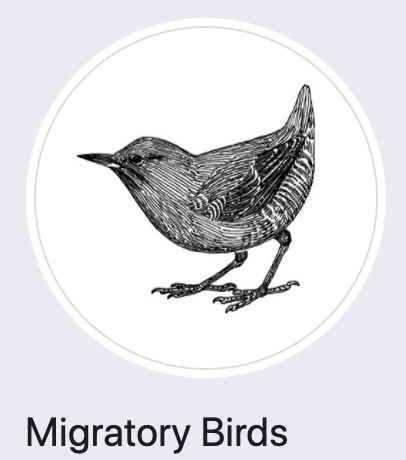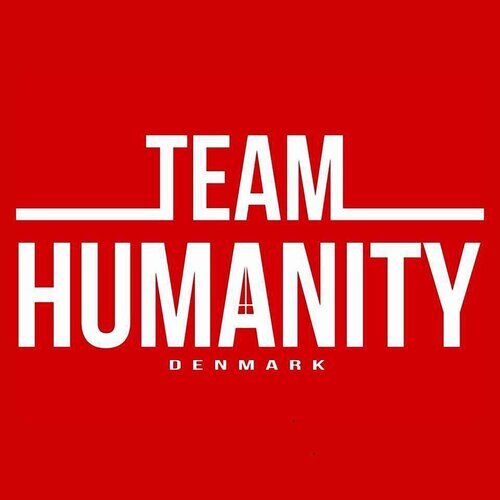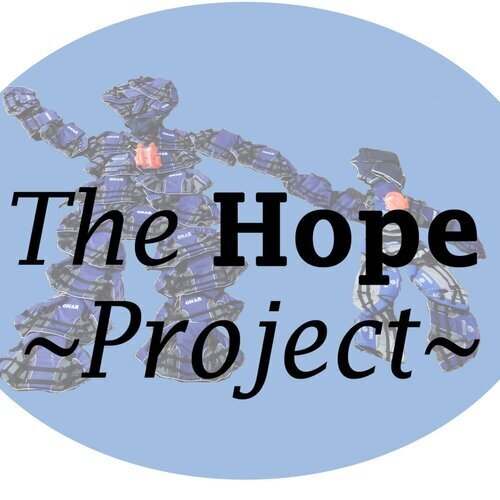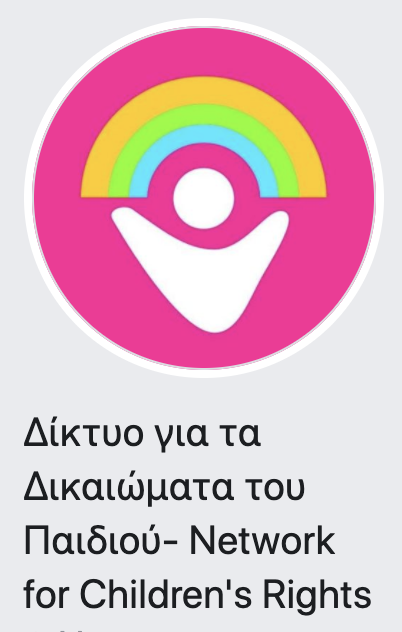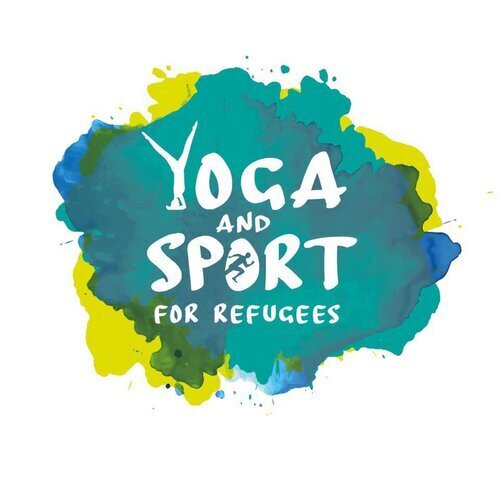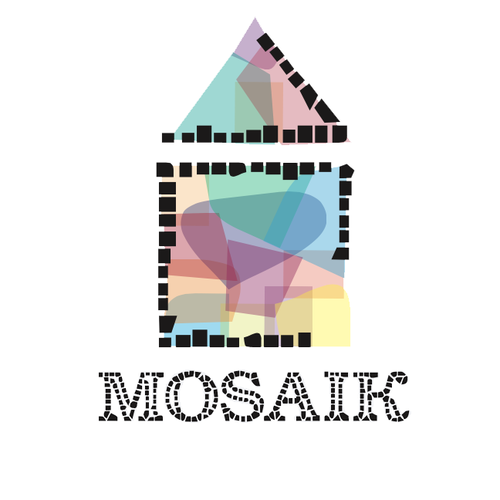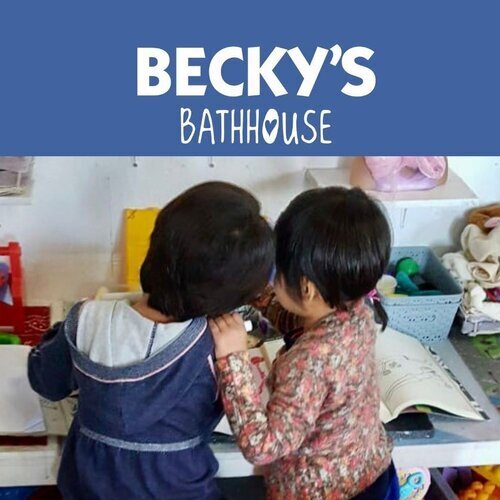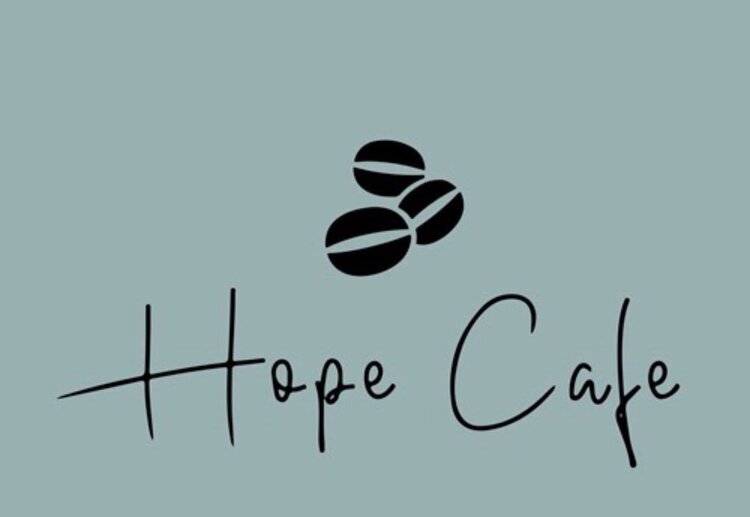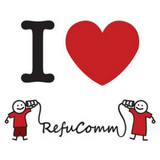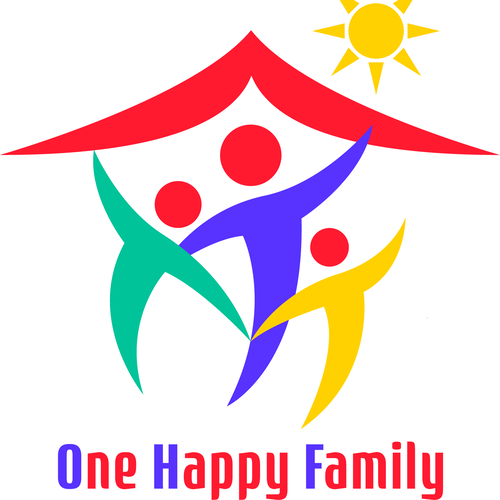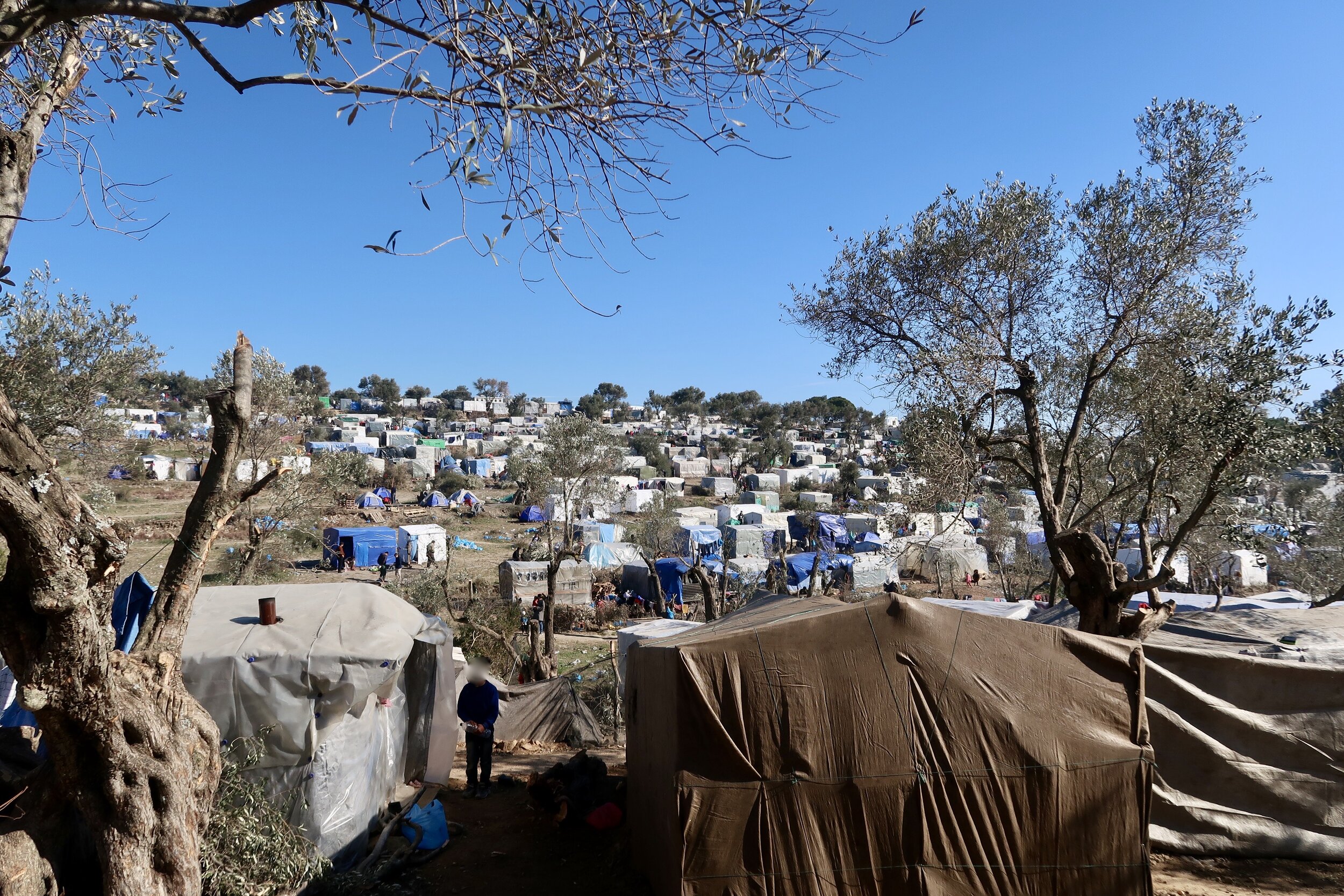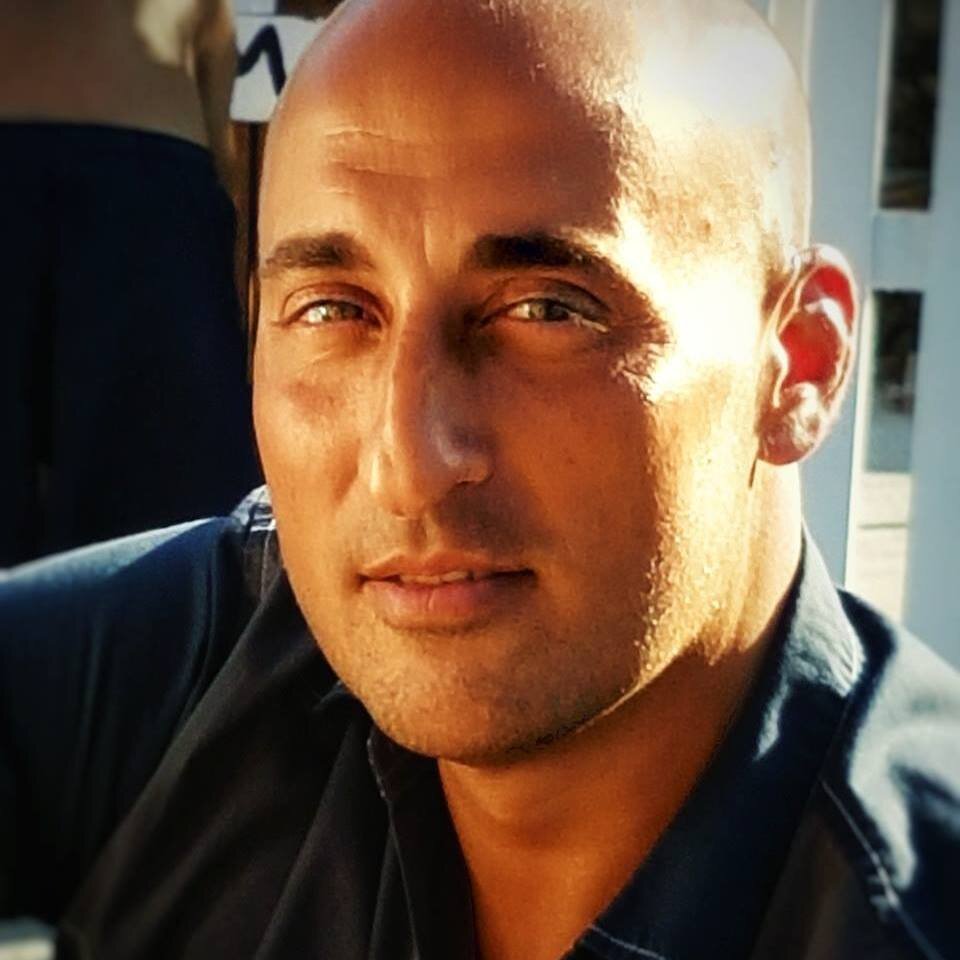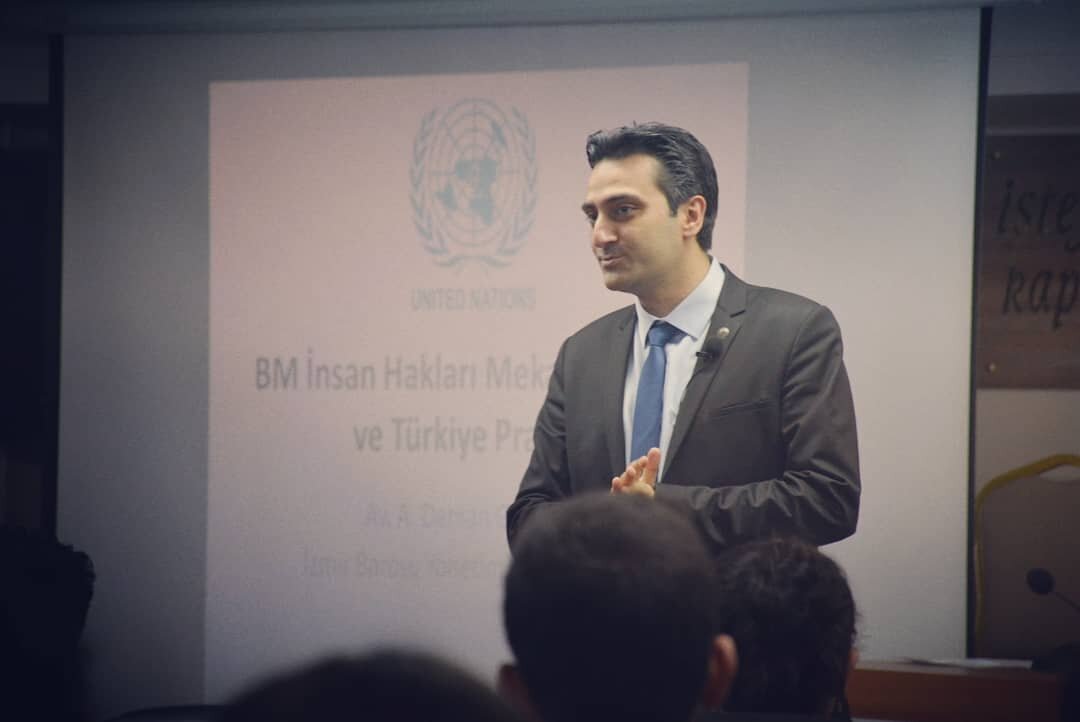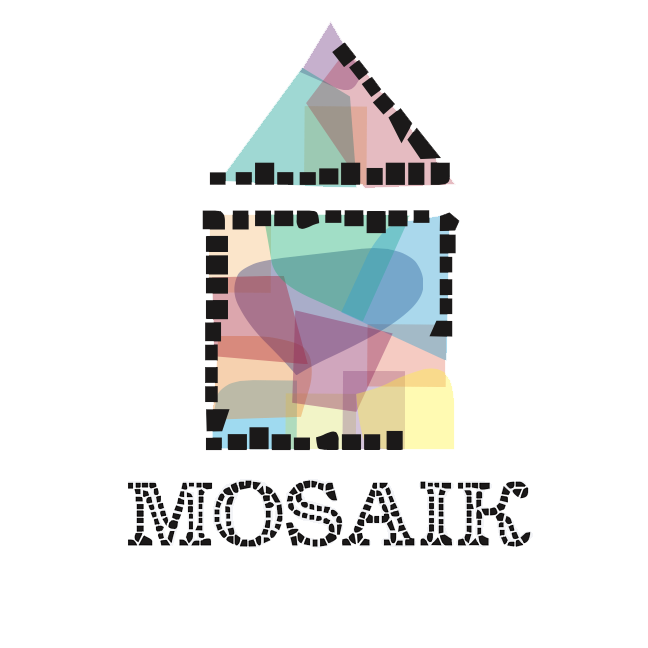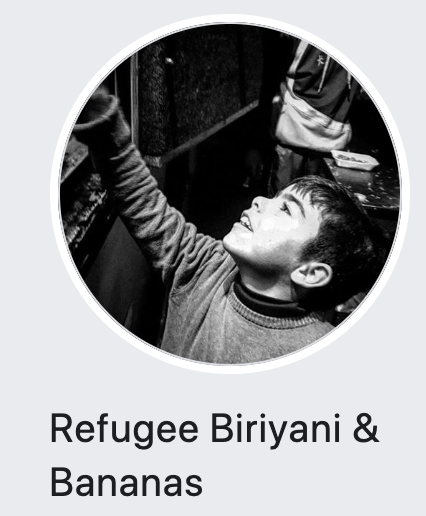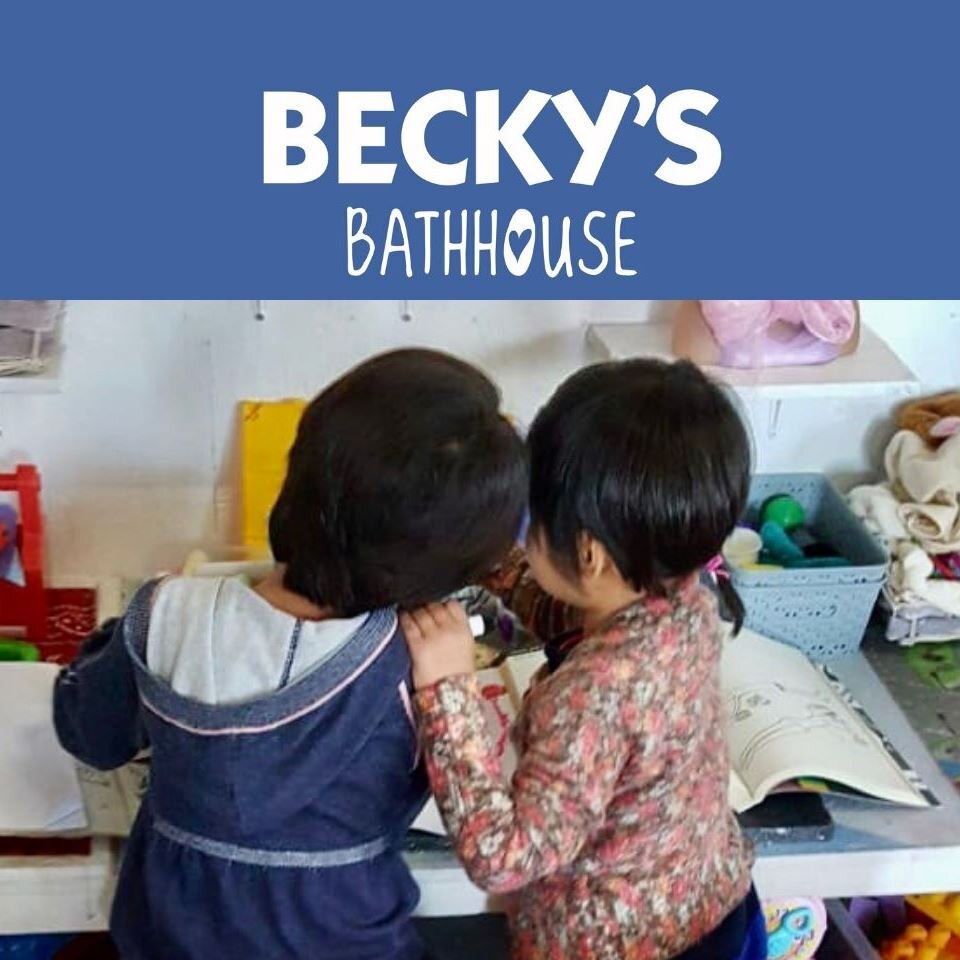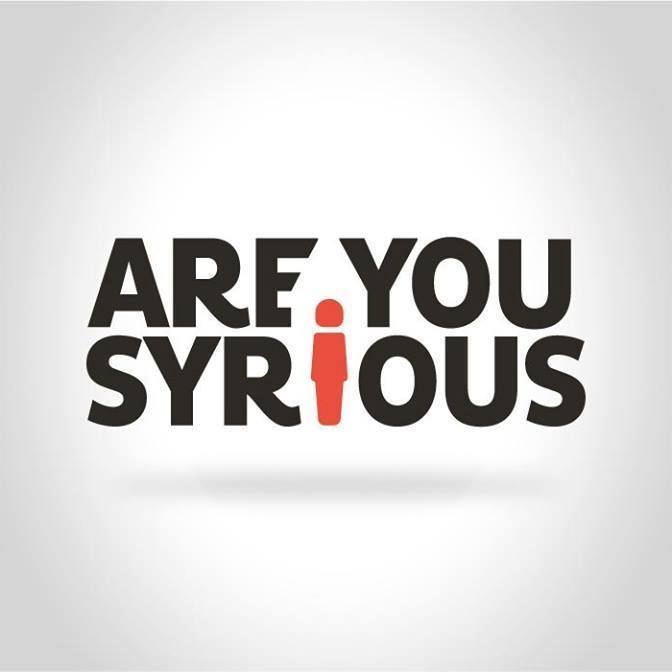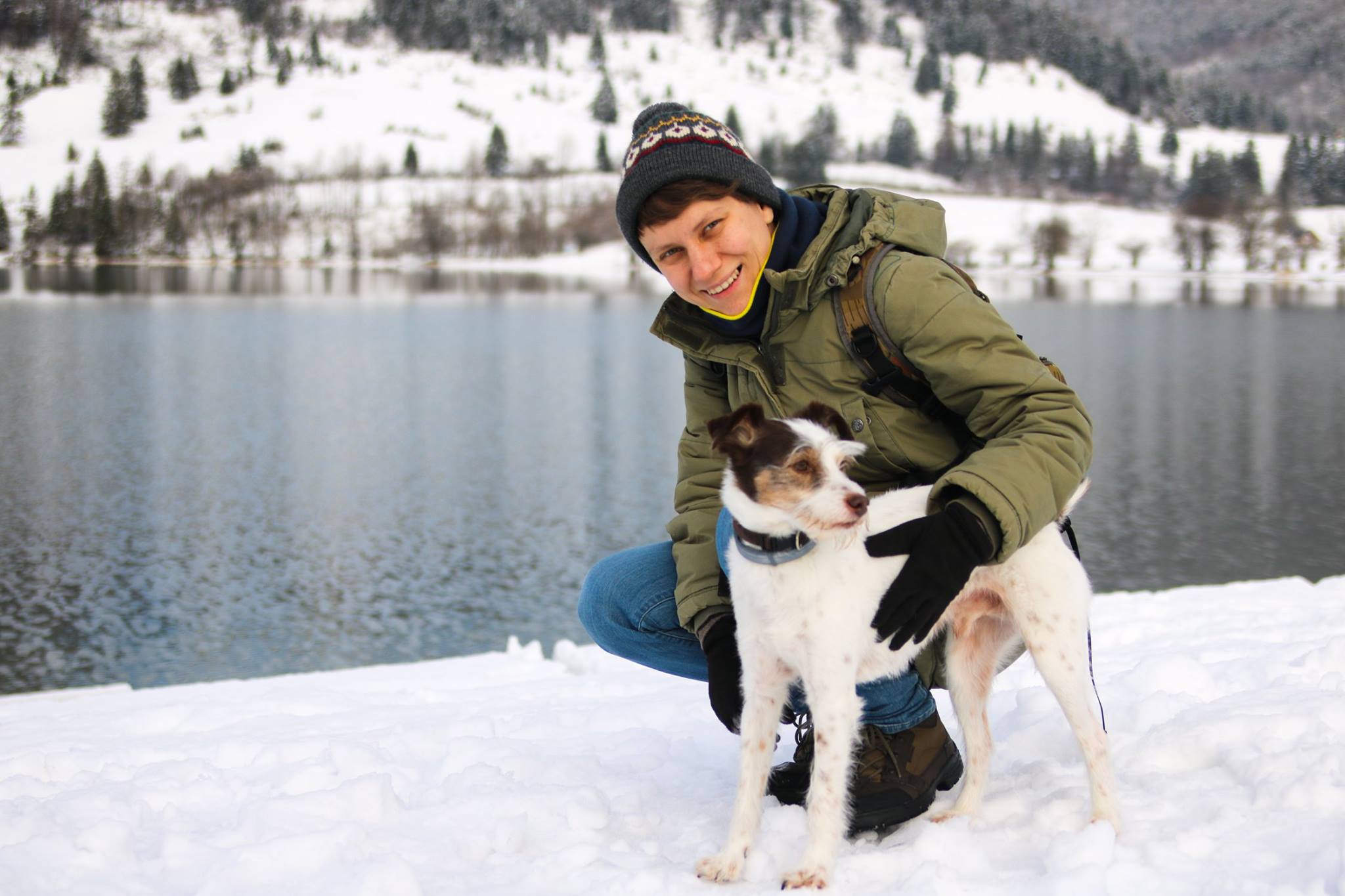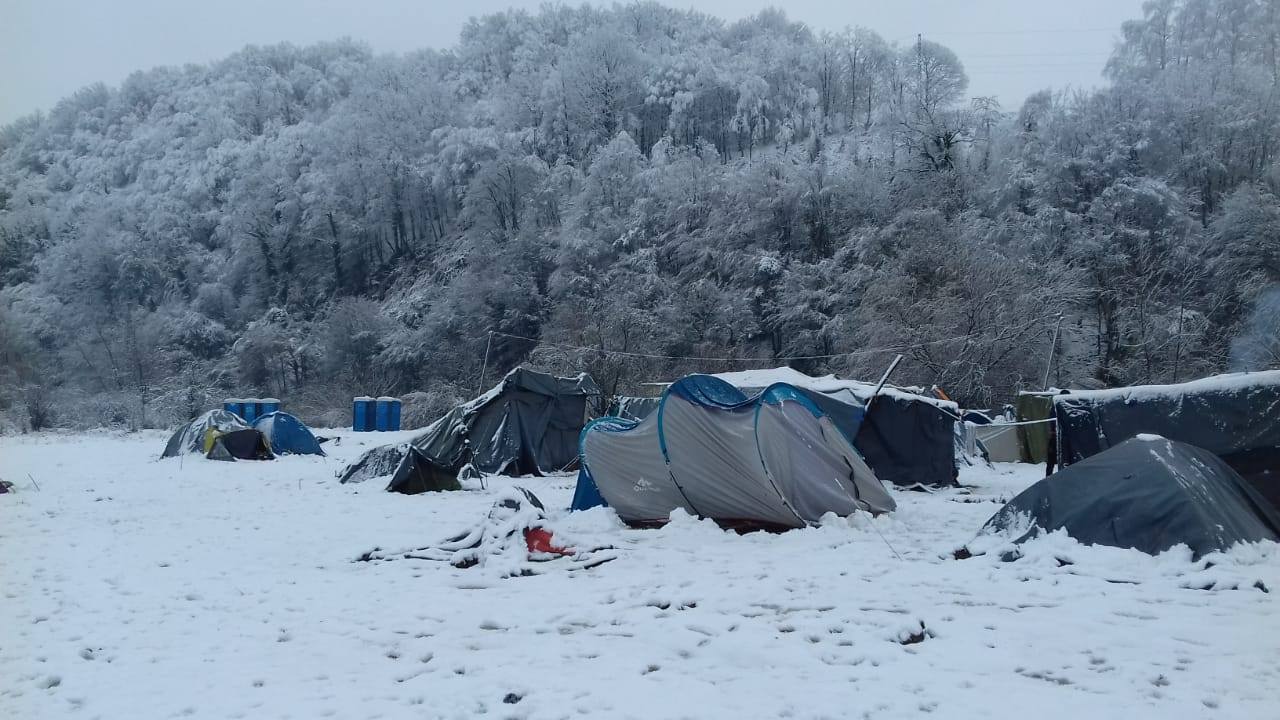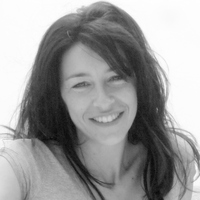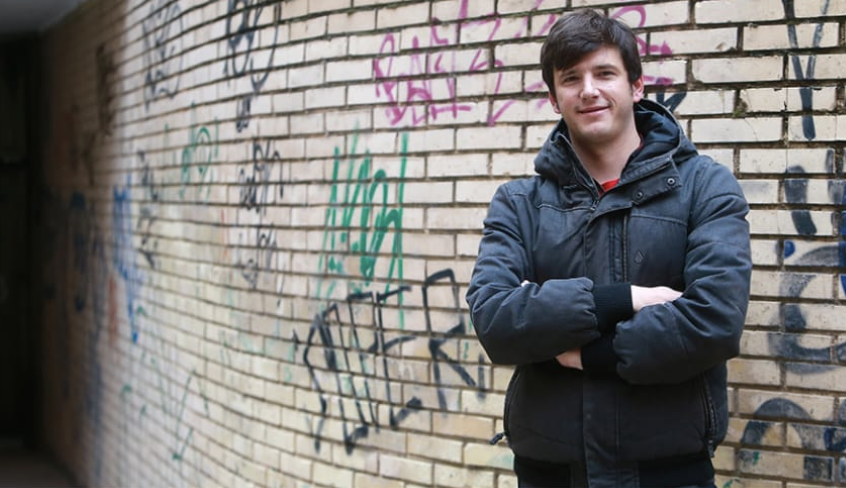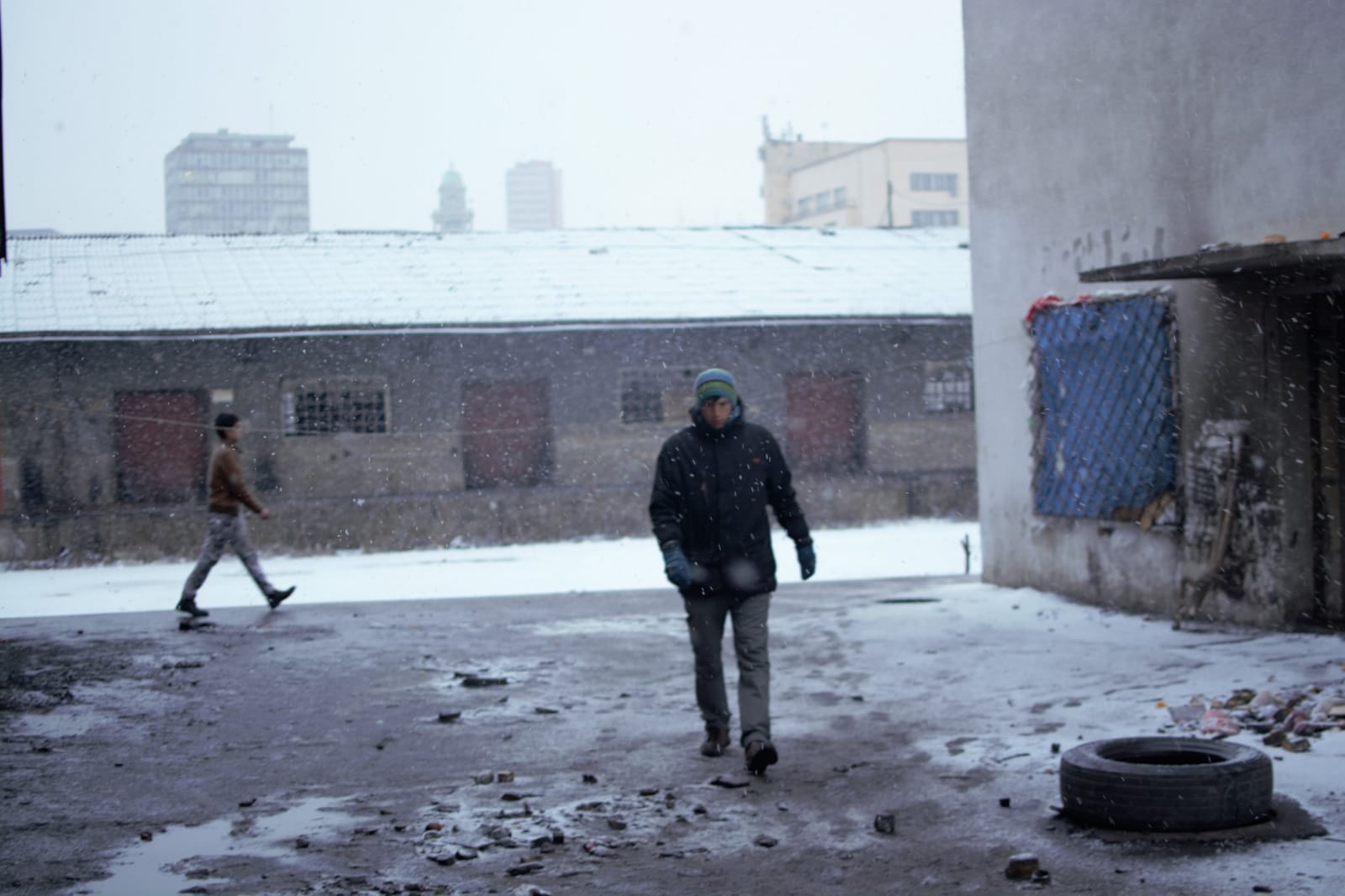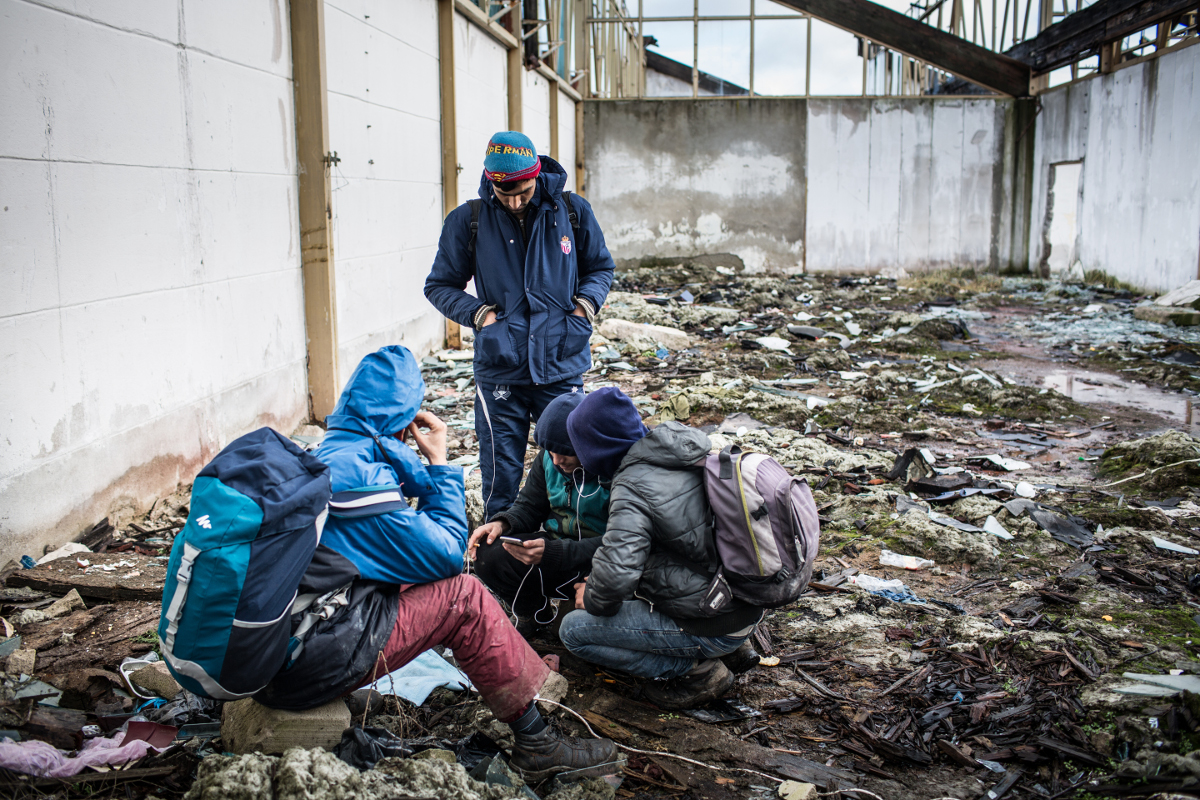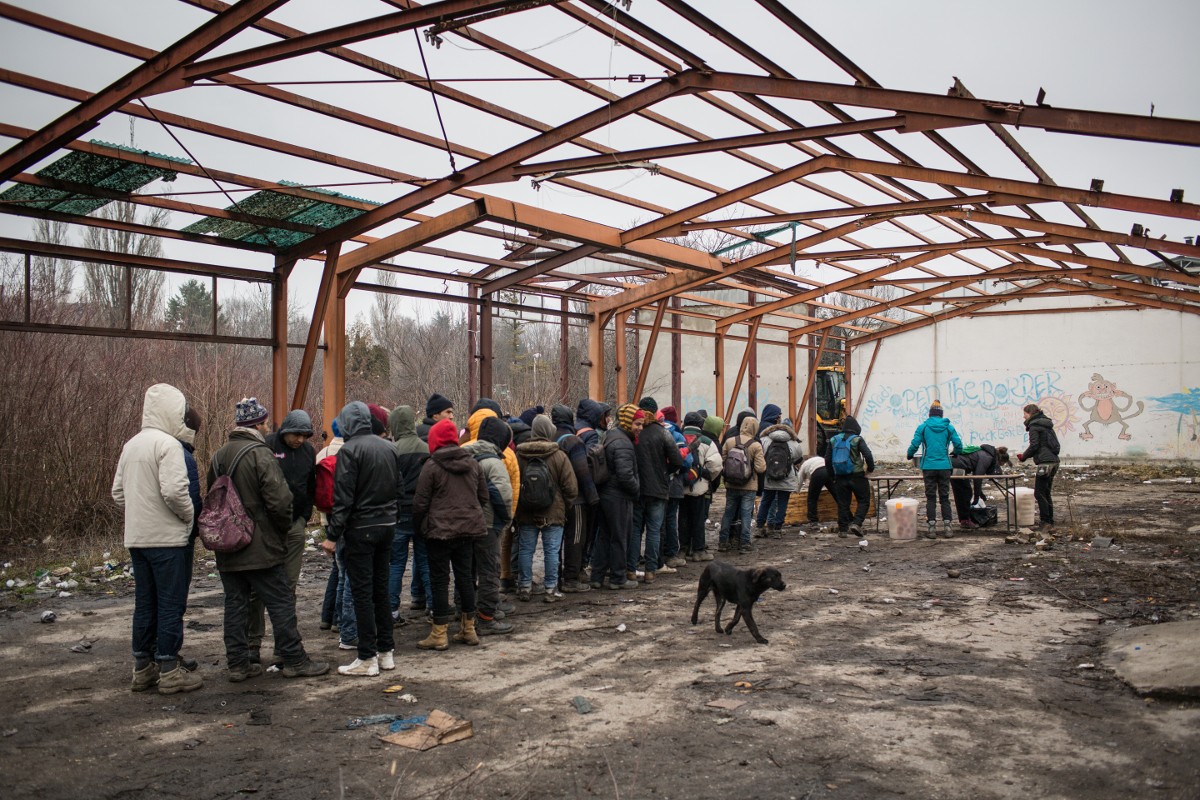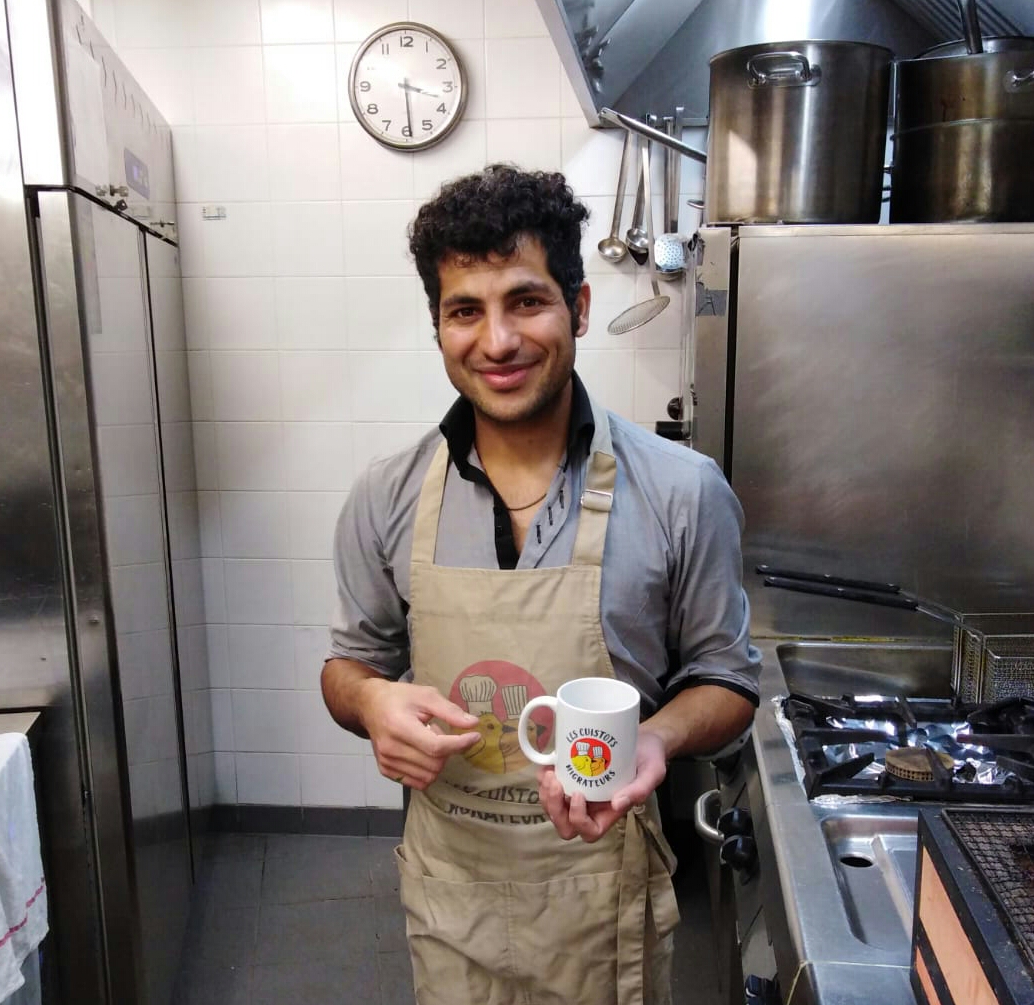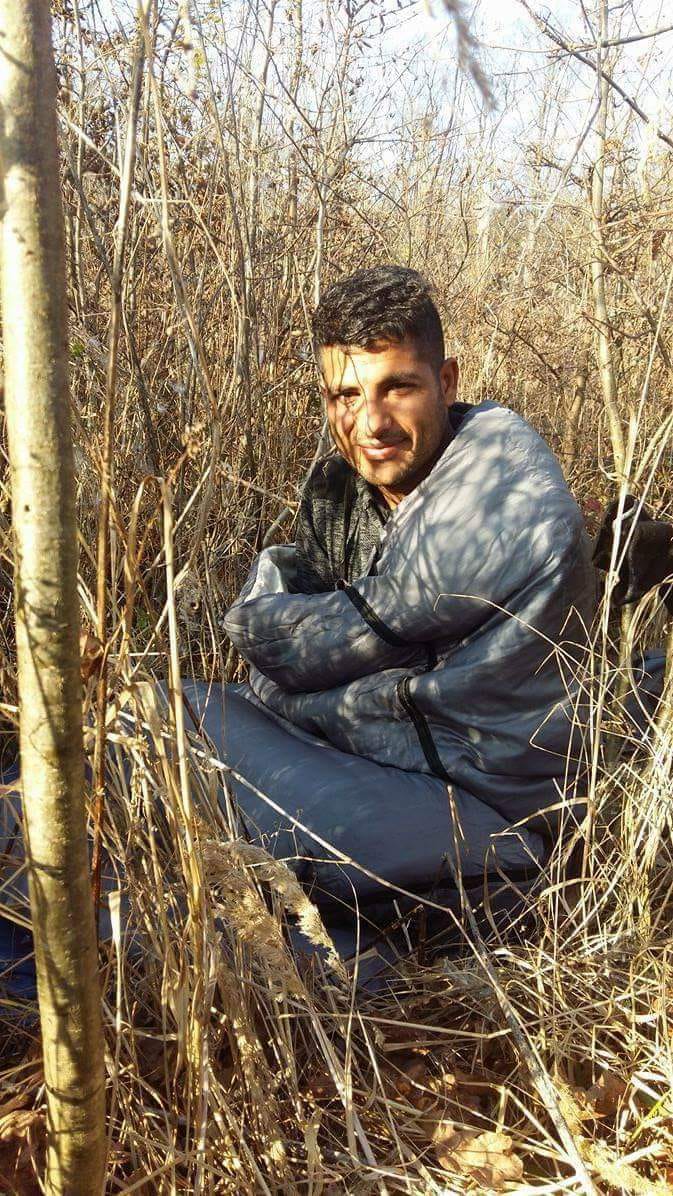This marks the first episode of a two-part series on the war in Ukraine. The first will focus on the work of investigative journalism being done by LightHouse Reports, a nonprofit organization based in The Netherlands. And we’ll be speaking with investigative journalist Halima Salat Barre about the experiences of non-Ukrainian refugees fleeing Ukraine. The second part of this series will focus on the experiences of Jana Kalaaji, a Syrian national who fled the war in her country to study medicine in Ukraine, only to become a double refugee, after the outbreak of the war there.
It is not our intention, nor is it within our means, to provide a full panoramic view of the entire conflict, all of its parties, nor all of their grievances or the events that inform them. But you will hear some perspectives about this war that you are not hearing about much in the coverage of this war from traditional media from either side, and we have done our best to clearly lay out the facts as well as the limits of our knowledge.
Also please be sure to support our Palestine Podcast Academy!
Revisited: Episode 18 - Escape from Afghanistan
This re-release episode closes with a short update interview with Abdul, completed in November of 2020. The original show was published in December of 2018.
The update-interview starts at 59:18.
Abdul Saboor worked with the US military in Afghanistan before having to flee the country after receiving death threats and having several friends and family members killed by the Taliban. What followed was an overland odyssey across Pakistan, Iran, Turkey, the Balkans, and back and forth across the EU, until he was able to claim asylum in France, where he currently lives. Along the way he endured prison, forced labor, beatings, deportations, and kidnapping. His is one of the more remarkable stories of resilience that I have come across in my years of traveling and working in the Middle East and anywhere else in the world. And he’s an amazing photographer.
We were connected by the people at No Name Kitchen, a Spanish NGO that provides food, sleeping bags and supplies, and a community space for the growing numbers of refugees stuck in Serbia and more recently in Bosnia.
Abdul recommends that you support the following organizations working in Calais:
The Wood Yard
Refugee Community Kitchen
L'Auberge des Migrants
Episode 64: Live! - Asylum Conditions in Greece and the Balkans
This show is the audio-only version of a live video chat hosted on July 10th, featuring guests Milena Zajović from Are You Syrious?, Douglas Herman from ReFocus Media Labs, and Carmen Dupont from Lesvos Solidarity - Pikpa.
You can catch our weekly-(ish) live chat discussions most Fridays on the Latitude Adjustment FB page, or you can check our Live Video Chats archive to watch and share them later.
Also, we’d like to formally introduce the show’s new co-host, Laila Mokhiber!
Be sure to catch our four-part podcast series including field reports from Moria Camp on Lesvos, and from the Greek mainland.
You can also watch the video version here:
Episode 60: Refugee Crisis in Greece - Aid
This is the final episode of a four-part series on the refugee crisis in Greece, undertaken in collaboration with Croatian NGO, Are You Syrious. This episode features a range of perspectives from locals, internationals, volunteers, and founders on Lesvos and in Athens, including:
Douglas Herman from Refocus Media Labs; Lesvos (7:14)
Eric Kempson from the Hope Project; Lesvos (1:10:51)
Salam Aldeen from Team Humanity; Lesvos (1:36:44)
Myrto Symeonidou from Migratory Birds; Athens (2:01:49)
Mania and Mado from Network for Children’s Rights; Athens (2:22:42)
Clockwise from top left: Malakasa, Skaramagas, and Elionas refugee camps, near Athens; Moria Refugee Camp, Lesvos, Greece
Organizations we recommend supporting…
Episode 57: Special Report from Greece and Turkey
Much has changed in recent weeks since we left Greece, and before bringing you the personal testimonies and field interviews that we gathered from refugees, volunteers, Greek citizens, and stakeholders during our time in Lesvos and Athens in January and February, we wanted to touch base with some people on the ground in Greece and Turkey to get up to speed on the fast-changing situation in and between these countries.
In 2016, in response to the growing alarm at the continuing movement of peoples towards Europe, the European Union struck the so called EU-Turkey Deal, effectively promising to pay Turkey approximately 6 billion Euros to contain the flow of people to within its borders. Turkey now leads the world hosting a refugee population of more than 4 million people, 3.7 million of them from Syria. At the end of February president Erdogan ordered Turkish border police to stand down resulting in a rush on Greece’s land and maritime borders, and enflaming what was already a highly tense situation in the Greek islands.
Douglas Herman a journalist and co-founder of Refocus Media Labs, a nonprofit organization that teaches media skills to asylum seekers. Douglas has been based on Lesvos for several years and more recently he’s been documenting the escalating situation on the island for a variety of news sources.
Deman Güler is a human rights attorney in Turkey and manages the Human Rights Center and Commission for Refugees for the İzmir Bar Association. Those familiar with the geography of the migratory routes will recognize Izmir as one of the principal staging areas for smugglers and for those trying to cross by sea to the Greek isles.
Are You Syrious is an indispensable resource for those trying to stay on top of policy changes and events on the ground along the migratory routes. an indispensable resource for those trying to stay on top of policy changes and events on the ground along the migratory routes.
This special podcast report is the first in a multipart podcast series covering the conditions of refugees and communities on the borders of the European Union and part of a collaborative project between Latitude Adjustment podcast and Croatian nonprofit Are You Syrious. Be sure to check out the Are You Syrious written accompaniment to this episode as well. This AYS special report is intended to provide a helpful timeline of events and offers more context for the podcast.
Correction: the initial publication of this podcast indicated that cases of COVID-19 had been reported on both Lesvos and Chios. However the case(s) on Chios are not yet confirmed, while it appears that one case has been reported in the general population on Lesvos.
Left to right: Moria Refugee Camp, Lesvos, Greece, Douglas Herman, and Deman Güler
Come for a three-minute walk through Moria Refugee Camp.
Organizations that we recommend supporting.
Episode 34: Are You Syrious?
Have you ever watched a humanitarian crisis unfolding on the news, witnessed the subsequent failure in leadership, and thought to yourself, "I wish I could get some friends together and just do something to make this better?"
That's what Milena Zajović and a few Croatian friends did when the largest refugee crisis to hit Europe since World War 2 came to their borders in the Summer of 2015. That initial impulse lead to the creation of Are You Syrious?, a nonprofit that focuses on field work, integration, and advocacy for refugees in the Balkans and Southern Europe. Lately a lot of their work has focussed on reporting on the so-called "push backs" that have seen Croatian authorities playing the role of border enforcers for the European Union. These measures have been accompanied by widespread reports of violence and other human rights abuses and campaigns by various governments to criminalize the work of human rights defenders, a worrying trend that Latitude Adjustment covered in our previous episode about Malta as well.
Be sure to subscribe to the Are you Syrious Daily Digest, a resource that's become reference material for foreign embassies, aid workers, and journalists, and which provides up to the minute reporting for and about refugees in Europe and across the Middle East.
photos & logo design credit: Are You Syrious?/ Milena Zajović
Episode 29: Malta & Refugees in the Mediterranean
Maria Pisani PhD is a Maltese citizen, lecturer, former head of office for the International Organization for Migration on Malta, and co-founder and director of Integra Foundation. As the EU’s smallest and southernmost member state, Malta has long been on the front lines of one of the busiest and the deadliest migratory paths on earth, where more than 14,000 people have lost their lives since 2014, attempting the crossing from North African shores to the EU.
We discuss Malta’s role in the refugee crisis, the features of Maltese policies and how they have shifted over the years, and the moral, political, and logistical implications of the EU’s policy of containment and deterrence since 2015 when Europe saw the largest numbers of refugees since the Second World War.
Episode 19: No Name Kitchen
Bruno Morán is from Asturias, Spain, and is a co-founder of No Name Kitchen, an NGO that provides food, sleeping bags, basic necessities, and a community space for refugees in transit along the Serbian and Bosnian borders with Croatia.
In addition to providing basic services, No Name Kitchen has also become a primary point of contact for those who have been pushed back from the Croatian border, and as a result the organization has found itself involved in documenting and sharing the growing number of reported abuses by the Croatian border police against those who are seeking to cross into the EU, people who have no legal means of registering themselves in bordering countries.
In this episode we cover what is happening on the ground, the practical challenges of running a small front line organization, and some advice on how you can get involved in global events in your community.
Photo credit clockwise from top left: image 1 No Name Kitchen; images 2-4 Maria Feck, No Name Kitchen, Šid, Serbia.
Episode 18: Escape from Afghanistan to France
Abdul is a photographer from Afghanistan, where he worked with the US military before having to flee the country after death threats from the Taliban. What followed was an overland odyssey across Pakistan, Iran, Turkey, the Balkans, and back and forth across the EU, until he was able to claim asylum in France, where he currently lives. Along the way he endured prison, forced labor, beatings, deportations, and kidnapping. His is one of the more remarkable stories of resilience that I have come across in my years of traveling and working in the Middle East and anywhere else in the world.
We were connected by the people at No Name Kitchen, a Spanish NGO that provides food, sleeping bags and supplies, and a community space for the growing numbers of refugees stuck in Serbia and more recently in Bosnia.

